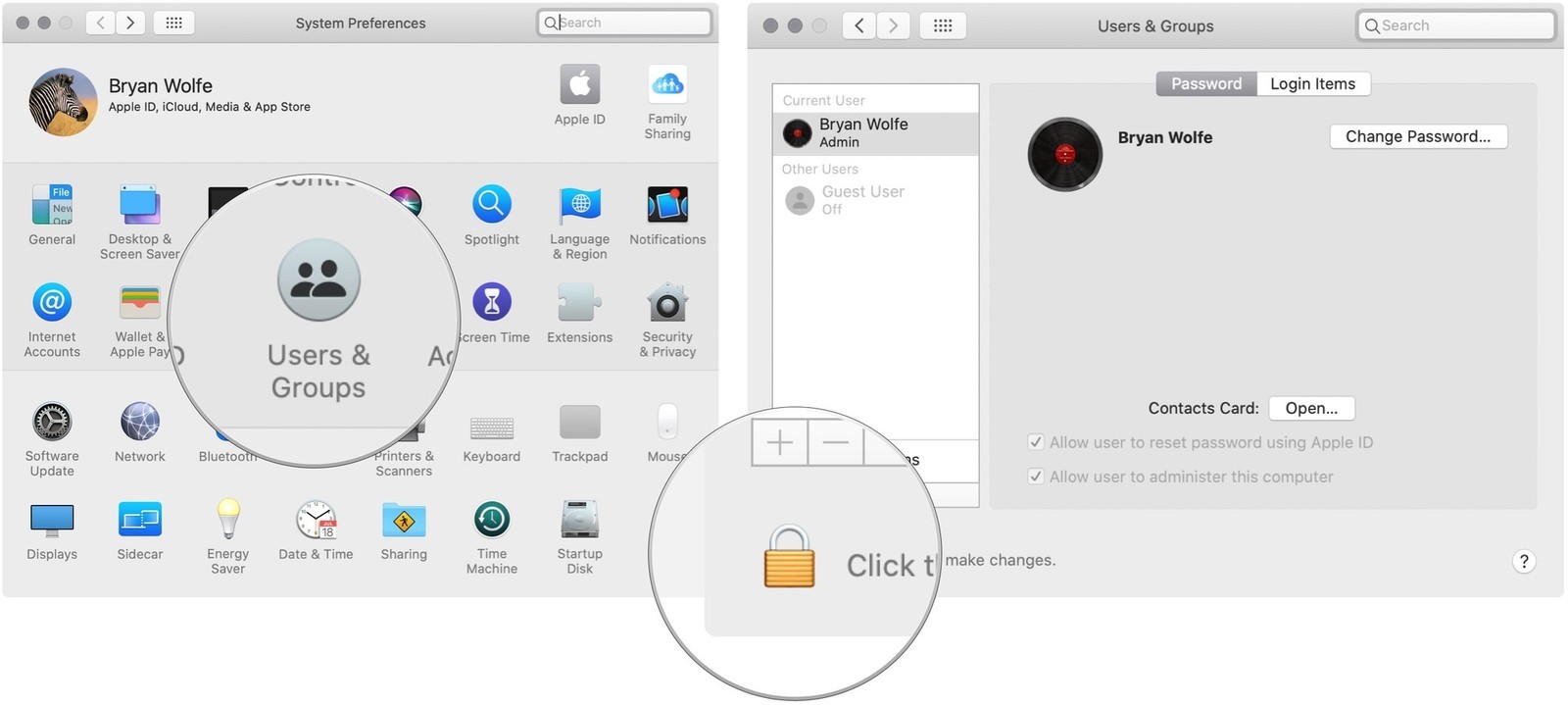Contents
The state media authorities believe that age labeling on the Internet for films and games to protect minors is not sufficient. Such a regulation is listed in a draft of the planned amended youth protection law by Federal Family Minister Franziska Giffey (SPD). The chairman of the directorate conference of the state media authorities, Wolfgang Kreißig, told the German press agency: “I am not sure whether the approach of age labeling on the net is as good as with carrier media such as CD or DVD. Mechanisms are required here, going towards technology. ” The media authorities oversee private broadcasting and media content on the Internet.
Game consoles as a role model
Kreißig already mentioned successful solutions in so-called closed systems, such as game consoles from companies, for which parents can make default settings to regulate the media consumption of their children. He spoke in favor of extending the corresponding requirements in the existing youth media protection treaty. So far, providers have been obliged to use technical or other means to ensure that children do not have access to certain media content.
“You could also think of network access like operating systems having to provide something like that. In combination with the tried-and-tested age information, this would be significantly more effective,” emphasized Kreißig. “They then play a contemporary role by being technically read out and not just visible.”
Google and Apple, as developers of the two most common smartphone operating systems, have been giving parents the option of restricting their children’s use of the device on a voluntary basis for several years. For example, you can prevent the use of some apps and access to adult content, and set the allowed screen time.

Other requirements must be observed
A spokeswoman for the Federal Ministry of Family Affairs reacted on Thursday as follows: It is to be welcomed that the state media authorities have developed the first ideas for improving child and youth media protection against the background of the draft law. “The state proposals may be suitable to supplement the new federal youth protection law with appropriate measures at state level.”
At the same time, the ministry emphasized: “However, these technical identification and filter solutions proposed for the amendment of the state youth media protection treaty of the federal states in the coming years should only be implemented with sufficient respect for freedom from the network, data protection and European law.”
According to the digital association Bitkom, the advance of the media institutions leaves questions unanswered. Chief Executive Bernhard Rohleder said: “It is unclear what means here: for example filters or a targeted control of apps? What standards do they have to meet technically and practically? All of this would have to be well thought out in advance and be legally certain as well as practical.” A blanket requirement for a parental control filter in operating systems causes blurring.
Voluntary offers rarely used
Rohleder pointed out that most operating system manufacturers already offer the option of a child lock, for example, on a voluntary basis. “The problem here is not the technology, the problem is its inadequate use: only 20 percent of children and adolescents between 10 and 18 years of age who use a smartphone state that their parents have activated the parental control settings on the device,” added he added. ( mho )
